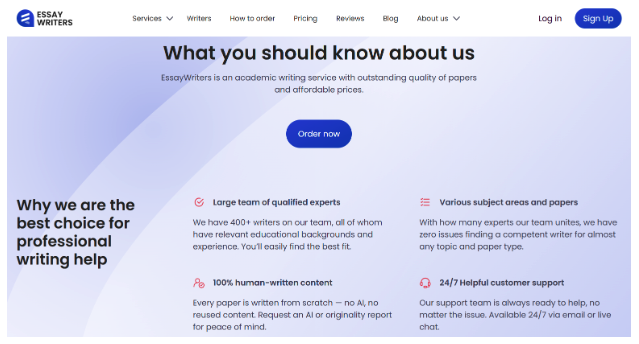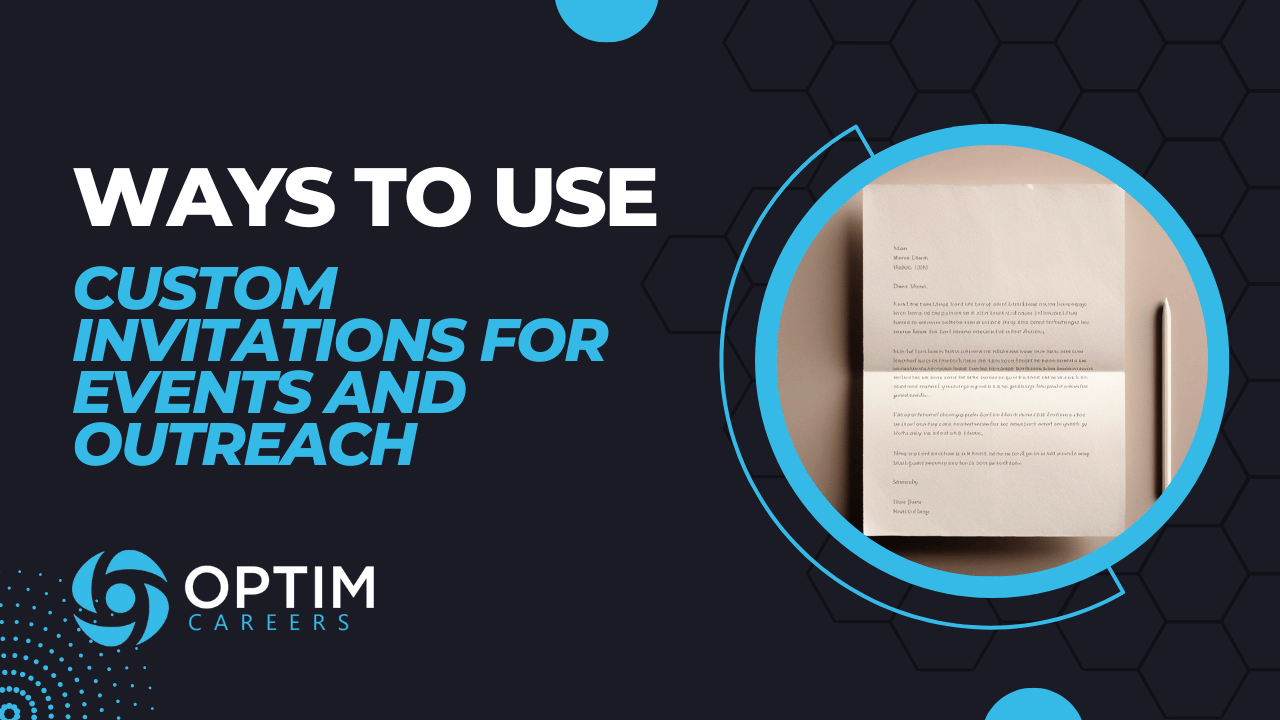38 Smart Questions to Ask in a Job Interview
When preparing for a job interview, most candidates focus on selling their own qualifications and what they can offer an employer. However, it is equally as important to ask smart questions to the interviewer. Asking questions shows you’re engaged, interested in the role, and can help you gain a better understanding of the company, the position, and the expectations. Asking the wrong questions could end your candidacy for the job. To help you prepare for your next job interview, here are 38 smart questions you can ask.
The Importance of Asking Smart Questions
Your questions often tell the interviewer more about you than the answers you give to their questions. Asking generic questions probably won’t help you uncover the truth you need to determine if the role is a good fit for you and it certainly won’t impress the interviewer. Instead of asking generic questions like, “what kind of training is provided,” ask the question like this, “who would be my primary business partners to ensure I have access to information and tools and ramp up quickly?” The first way implies that it’s someone else’s responsibility for your success; whereas, the second way shows how you will take responsibility to find the people and the information you need to be successful. The way you ask a question will convey who you are as a person and the quality of the candidate you are or are not.
Here are some tips to keep in mind as you use the questions below.
Build on your conversation
You want the interview to flow well, like a conversation. Be curious and ask follow-up questions based on the current topic whenever possible. Some interviews are very structured and may ask you to hold your questions until the end, but try to insert questions casually when possible. For example, if you were discussing how you identify and correct poor performance within your team, you may turn it around and ask (after you have answered the question of course) “what have other successful managers found works best to correct lower performers?” By doing this, the conversation will flow naturally and you’ll hopefully obtain information about the other person’s thoughts on the topic.
Use the future tense
Try to help the interviewer visualize you in the role and adopt this mindset by using statements like, “how do you see us proceeding if this happened,” or, “I think if we did X, Y, and Z, within 5 months we could hit that goal ahead of schedule.” By making statements like this, you can use a psychological trick to help them hold an image of you working with them.
Related Article: How to Gauge the Success of Your Interview - Tenses
Smart Questions to Ask About The Job
How would you envision what a typical day would look like for me in this role?
If you decided to hire me today, what is the most important thing you would want me to accomplish in my first 60 days?
Have other people held this role before or is it new?
How does this position fit into the company’s overall strategy?
What qualities have others had who were successful in this role before me?
What are the most pressing projects you would need me to take on?
What key performance indicators do you think would be important for me to track so I know I’m on track for success?
How does this position fit into the company’s overall strategy?
How long do you think it will be before I start (insert key task) on my own?
Smart Questions to Ask About The Team
What key skills are you hoping to gain from hiring someone like me that doesn’t currently exist on the team?
What does the department structure look like today?
Do you see any changes to the team’s main responsibilities in the next year?
Who would be my primary business partners to ensure I have access to information and tools and ramp up quickly?
What personalities currently exist on the team?
What are the team’s biggest assets and largest areas of opportunity?
What are the biggest challenges facing the department?
Smart Questions to Ask About Your Manager
How long have you been with the company?
When you interviewed, what made you decide to take the job here?
Do you have a regular review process or how do you like to give feedback?
How would you describe your management style? What kind of communication do you prefer?
Smart Questions to Ask About the Company
Does (marketing, HR, etc) have a seat at the executive table?
How does the company prioritize budget allocations to each department?
Can you tell me more about the customers we typically target?
Who do you see as our major competitors in this space?
What are the company’s growth plans for the next year to five years?
Is there a process to reevaluate goals and growth plans each year? How do we assess and determine those goals?
What do you see as the top 3 challenges to overcome to meet the company’s growth goals?
How has the company changed since you’ve been here?
Smart Questions About the Environment
Do you currently have any diversity and inclusion initiatives that are important to you?
What have found works best to encourage and support innovation and new ideas?
How are we handling conflict resolution within each department?
Is everyone in the office or are there hybrid and remote workers as well?
What do you and the team usually do for lunch?
What does the onboarding process typically look like?
Smart Questions to Ask to Close the Interview
How do I rank amongst my peers that you’ve already interviewed? Professional to professional, any feedback or advice.
What am I not asking you that I should?
What haven’t I addressed that would be helpful for you to make a decision? Are there any concerns or hesitations about me stepping into this role?
Where do we go from here? What’s next?
In Summary:
Asking smart questions in a job interview not only helps you gain valuable information but also shows the interviewer that you’re thoughtful and engaged.
The way you ask questions matters. The words you choose indicate to others what you value and deem important.
Asking questions like the ones above will help the other person feel comfortable and open up to you with more honest information.
By asking smart questions you will be able to qualify yourself for the job, set yourself up for success, and avoid employers that may not fit your short-term and long-term career goals











